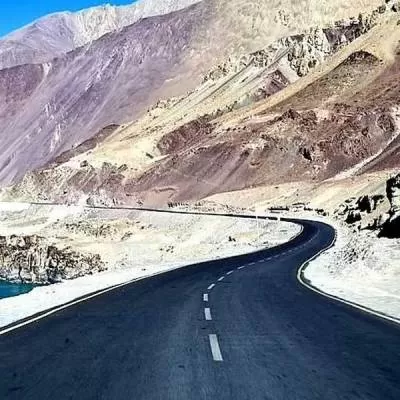Tags :
Schedule a Call Back
 Bengaluru is set to transform its urban mobility with a proposed ?327 billion investment in a twin tunnel roads network, spanning 54.5 kilometres. This ambitious project aims to enhance connectivity across the city?s north-south and east-west corridors, addressing the growing traffic congestion and improving overall transportation efficiency.
Bengaluru is set to transform its urban mobility with a proposed ?327 billion investment in a twin tunnel roads network, spanning 54.5 kilometres. This ambitious project aims to enhance connectivity across the city?s north-south and east-west corridors, addressing the growing traffic congestion and improving overall transportation efficiency.
The proposal, a collaboration between the Karnataka government and various urban planning authorities, envisions the construction of multiple twin tunnel roads. These tunnels are designed to run underground, thereby minimising the impact on existing surface infrastructure and reducing travel time for commuters.
The north-south corridor will feature a 25.5 km twin tunnel, while the east-west corridor will extend for 29 km. The comprehensive network aims to integrate seamlessly with existing transportation systems, including metro lines and bus rapid transit (BRT) routes, facilitating smooth and efficient movement across the city.
Key aspects of the project include advanced engineering techniques to ensure structural integrity and safety, state-of-the-art ventilation systems, and robust emergency response protocols. Additionally, the tunnels will incorporate smart technology solutions for real-time traffic management, enhancing user experience and operational efficiency.
The twin tunnel roads are expected to significantly alleviate traffic congestion, especially during peak hours, and provide a faster, more reliable commuting option. This infrastructure development is anticipated to have a positive impact on the city's economy by improving accessibility and reducing travel time for residents and businesses alike.
Environmental sustainability is a core consideration in the project, with measures in place to minimise ecological disruption during construction and operation. The initiative also promises to create numerous employment opportunities, contributing to the local economy.
Upon completion, Bengaluru?s twin tunnel roads network will mark a significant milestone in urban infrastructure, setting a precedent for other Indian cities to follow. The project underscores the Karnataka government's commitment to modernising urban transport and addressing the evolving needs of its population.


Subscribe to our Newsletter & Stay updated